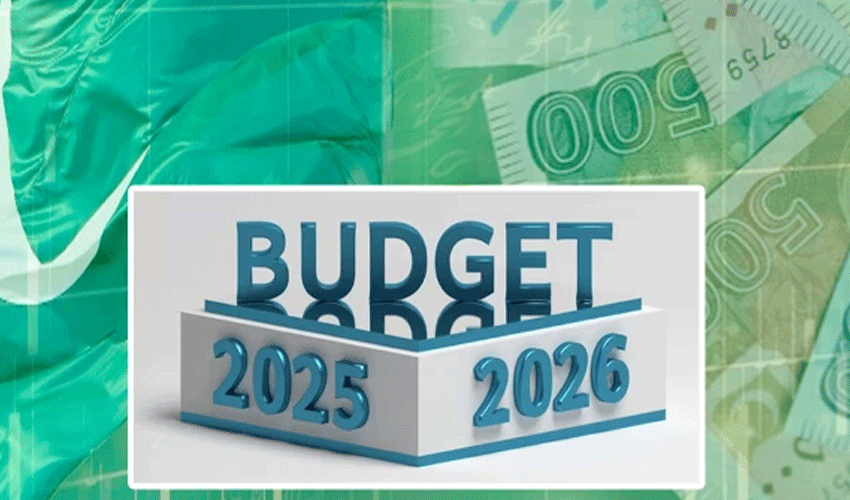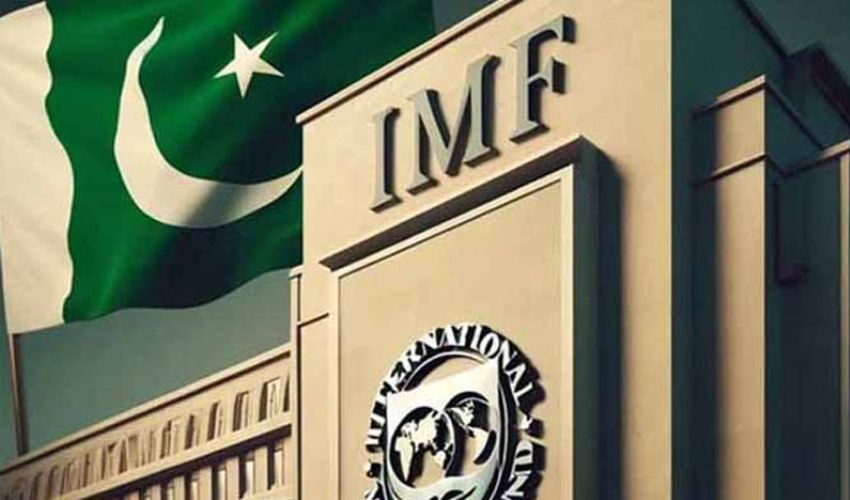Proposed details regarding relief for the salaried class in the upcoming federal budget for the fiscal year 2025-26 have surfaced.
However, these proposals will only be finalised after further consultation and will be subject to approval by the International Monetary Fund (IMF).
According to the proposed changes, the federal government plans to increase the taxable income limit from Rs 600,000 per year. This increase aims to provide relief to salaried employees across the country, particularly those earning moderate incomes.
In addition, tax slabs are also expected to be revised, but the focus will primarily be on the lower-income brackets.
No relief for high-income earners
Sources within the Federal Board of Revenue (FBR) confirmed that the upcoming budget will not offer direct relief to high-income earners. Instead, the proposed adjustments will benefit those with a monthly salary exceeding Rs 50,000, specifically focusing on the first slab of income tax.
For these taxpayers, the taxable income threshold is expected to rise from Rs 600,000 to Rs 800,000 per year.
“Three key proposals are under consideration to provide relief to salaried individuals. These include raising the annual income limit in the first tax slab, and revising income tax return forms to simplify the filing process,” one official said.
Moreover, changes to tax slabs in the income range of Rs 600,000 to Rs 1.2 million are also expected. These measures aim to ease the tax burden on middle-income groups, many of whom are feeling the pinch of inflation and high living costs.
Pensioners to face new tax
While the salaried class stands to benefit, pensioners are also in focus, with proposals for imposing a tiered tax on pension income. A tax rate ranging from 5% to 20% is being considered, depending on the annual pension amount. Specifically, a 5% tax is being proposed for pensioners earning up to Rs 800,000 per year, while those with annual pension income between Rs 800,000 and Rs 150,000 could face a 10% tax. The tax rate rises progressively, with higher earners potentially paying up to 20%.
These proposals remain in the early stages, with officials emphasizing that they are subject to detailed review and discussions. The final decision on the changes will be made after thorough consultation with stakeholders, including the IMF, which has been playing a crucial role in Pakistan's fiscal strategy.
The government is hopeful that these adjustments will provide much-needed relief to salaried employees and pensioners, especially in a challenging economic environment.
However, the ultimate implementation of these measures will depend on the approval of the IMF and the outcomes of the ongoing deliberations.




























